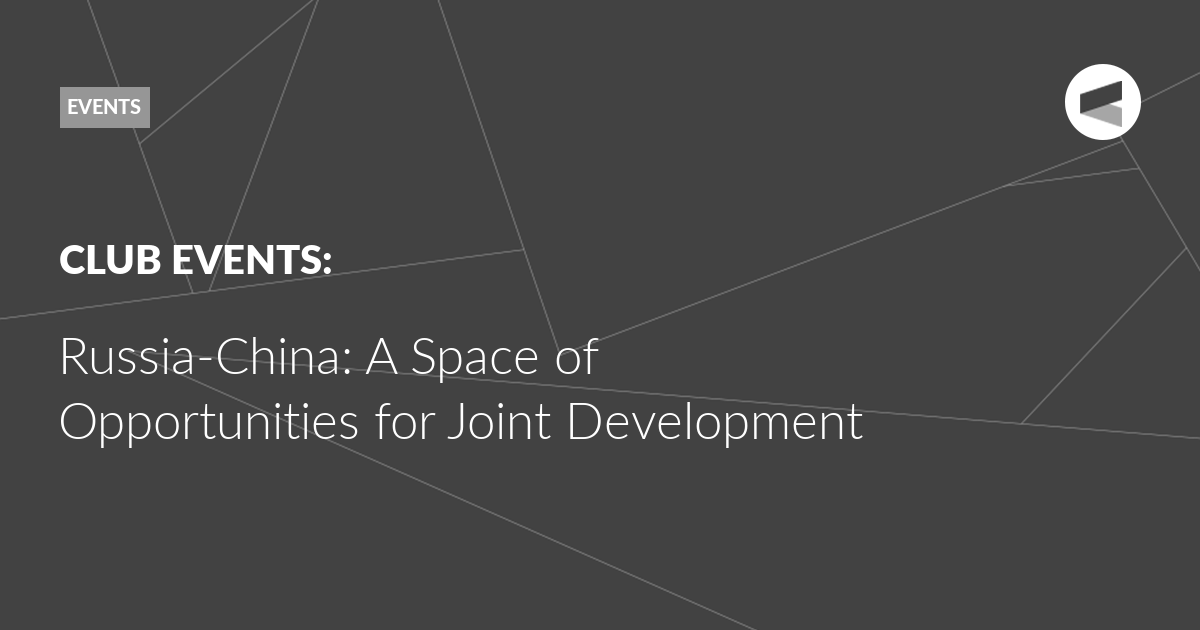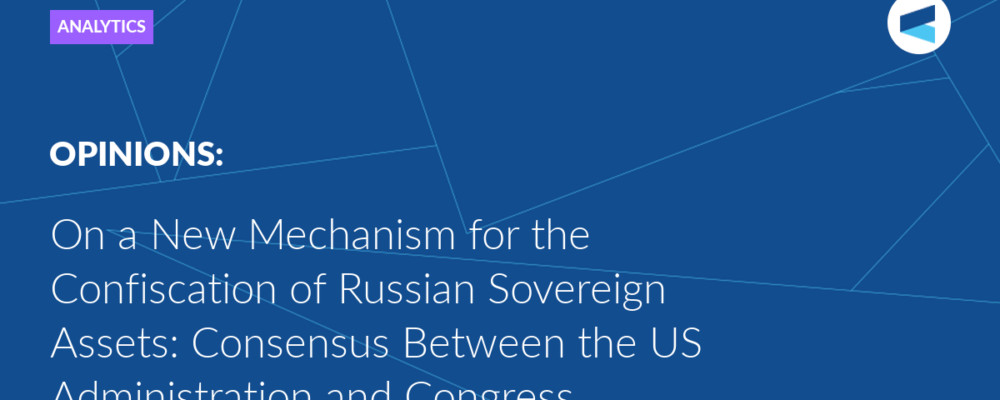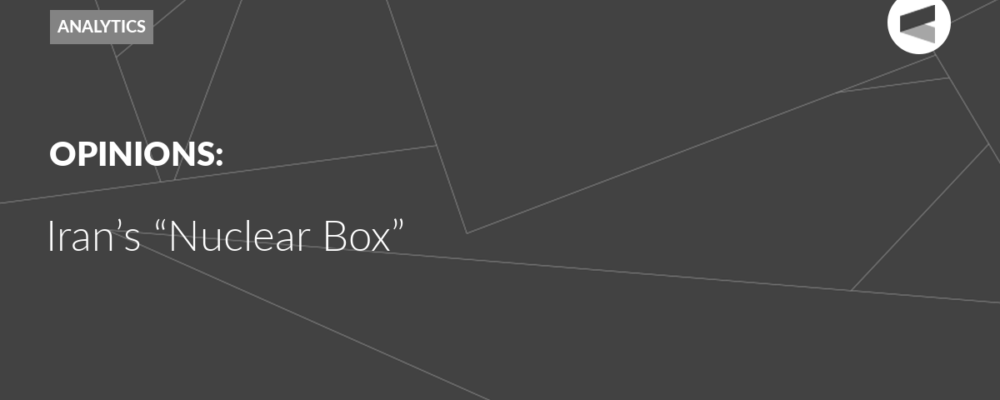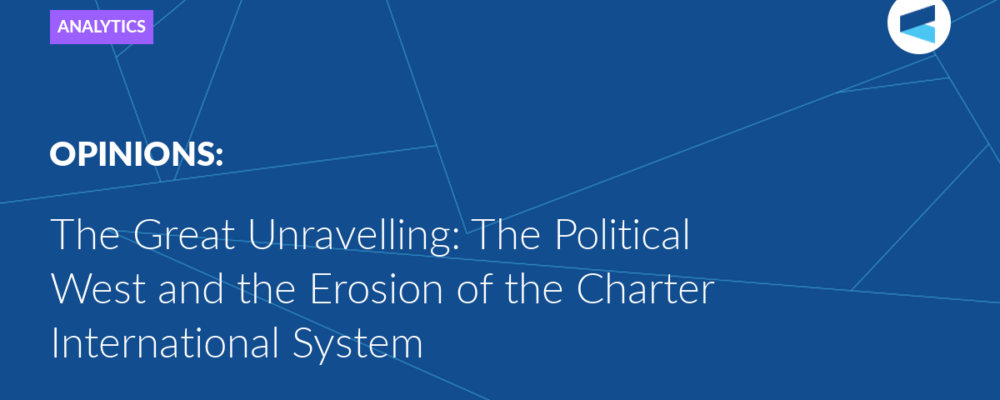On March 31 – April 1, 2025, the Russian-Chinese conference titled “Space of Joint Development: Global and Eurasian Dimensions” was held in Shanghai, organized by the Valdai Discussion Club and the Centre for Russian Studies at East China Normal University. The event served as an important platform for discussing the strategic aspects and prospects for the development of the partnership between Russia and China.
The main focus of the conference was to discuss the role of the dynamics of Russian-American relations under the new US administration in the context of strengthening the strategic partnership between Russia and China in all areas. In this regard, special attention was paid to issues of interaction in Eurasia, including current security issues in Central Asia, nuclear non-proliferation issues and the need to coordinate the positions of Russia and China in the context of the growing “split” of the West.
The conference was opened by Mei Bing, Secretary of the Party Committee of East China Normal University, and Andrei Bystritskiy, Chairman of the Board of the Foundation for Development and Support of the Valdai Discussion Club. In their speeches, the experts emphasised the strategic importance of Russia-China cooperation on the global stage. Moderating the opening of the conference, Feng Shaolei, Director of the Centre for Russian Studies at East China Normal University, pointed out that in the rapidly changing global environment, Chinese-Russian relations should become more stable, improve in quality, and be elevated to a higher level. He also noted that over the past decades, bilateral relations have played a stabilising role in world politics.
The first session, “Russia and China: Strategic Partnership in a Multipolar World,” was devoted to the role of Russian-Chinese cooperation in shaping a polycentric world. The section was moderated by Fyodor Lukyanov, Research Director of the Valdai Discussion Club. He set the tone for the discussion by drawing attention to common concerns in the expert community regarding the negative consequences of Donald Trump’s return to power, and rhetorically asked: were the previous consequences really positive? The participants, including Xing Guangcheng, Director of the Institute for Border Studies of China at the Chinese Academy of Social Sciences, Yu Bing, Professor at Wittenberg University in the USA, Igor Makarov, Head of the Department of World Economy at the Faculty of World Economy and International Affairs at the National Research University Higher School of Economics, and Alexander Lomanov, Deputy Director for Research at IMEMO RAS, shared their insightful views on the cultural and economic foundations of strategic trust and the role of this partnership in strengthening global stability. Alexander Lomanov also pointed out the need to deepen technological cooperation between Russia and China, since the West, according to him, will not support either of the two countries.
The second session, “Global and Regional Challenges for Eurasia,” moderated by Zhou Bo, Professor at the Centre for International Security and Strategy at Tsinghua University, discussed trade wars, sanctions regimes, cross-border extremism and terrorist threats. The speakers were Zeng Xianghong, Director of the Shanghai Cooperation Organization Research Centre and Deputy Director of the Central Asian Research Institute at Lanzhou University, Vasily Kashin, Director of the Centre for Comprehensive European and International Studies at the National Research University Higher School of Economics, Li Yongquan, Director of the Institute of Eurasian Social Development at the Centre for Development Studies under the State Council, and Dmitry Stefanovich, Research Fellow at the Centre for International Security at IMEMO RAS. The experts exchanged views on how policies coordinated by Russia and China can allow them to respond effectively to numerous challenges. Vasily Kashin expressed confidence in the strength of the Russian-Chinese alliance in the face of external pressure, emphasising that the United States will not be able to weaken it. Dmitry Stefanovich noted the long-term consequences of decisions taken today by world powers in the area of developing strategic forces, which will determine military-political relations for decades to come. In addition, the positive significance of the flexible nature of interaction in the security sphere, which distinguishes Russian-Chinese relations, as well as the approaches of the two countries within the framework of multilateral formats and initiatives, was emphasised.
The third session of the conference was devoted to the prospects of bilateral cooperation in the field of infrastructure, artificial intelligence and financial mechanisms. Igor Makarov moderated a discussion on the possibilities of launching large joint projects in Eurasia. The speakers were Ciao Honghui, Deputy Director of the Research Institute of the China Development Bank, Yana Leksyutina, Professor of the Department of American Studies at St. Petersburg State University, Chairman and CEO of Cue Group Shi Kan, as well as Associate Professor of St. Petersburg State University and CEO of ANO “Colaboratory” Anna Sytnik. They emphasised the importance of linking the Digital Silk Road with the digital projects of the EAEU and discussed the strategic need to jointly use the potential of artificial intelligence and new payment mechanisms. Shi Kan pointed to nuclear energy as a promising area for cooperation in the field of AI development. Anna Sytnik supported this opinion and proposed an intensification of cooperation in the development of sovereign AI models, especially in terms of exchanging datasets and data labelling.
This idea was taken up by Liu Huaqin, speaker of the next session, Director and Senior Researcher of the Institute of Eurasian Studies of the Institute of International Trade and Economic Cooperation under the Ministry of Commerce. She proposed using the SCO platform for such a digital exchange.
The session titled “Future of International Institutions and International Law” was the final one; it was moderated by Timofei Bordachev, Programme Director of the Valdai Discussion Club and Academic Director of the Centre for Comprehensive European and International Studies at the National Research University Higher School of Economics. The speakers considered the problems of the functioning and reform of international institutions in the context of a changing world order. In addition to Liu Huaqin, professor Gao Fei, the Vice-Rector of the Institute of Foreign Affairs, Alexei Kupriyanov, Head of the Indian Ocean
Region Centre at the IMEMO RAS, and Igor Makarov, Head of the Department of
World Economy of the Faculty of World Economy and World Politics at the
National Research University Higher School of Economics spoke. Alexei
Kupriyanov emphasised that there is no point in trying to keep the entire
existing system of international law unchanged. Instead, it would be wiser to
propose our own project, which would serve as an alternative to the
“rules-based order” promoted by Western countries. Such an approach
would eliminate the main contradictions of the current international law and
better meet the interests of the global majority. The session participants came
to the conclusion that today the world needs universal norms that take into
account accumulated international experience. The development of such
institutions as BRICS and the SCO contributes to strengthening stability and
increasing the sustainability of the entire international system. The
conference ended with a joint statement by Andrey Bystritskiy and Feng Shaolei
on the importance of further deepening the Russian-Chinese partnership and its
key role in ensuring stability and development in Eurasia. The Chairman of the
Board of the Foundation for Development and Support of the Valdai Discussion
Club thanked his Chinese colleagues for their warm welcome and expressed
confidence in the continuation of fruitful cooperation in this format. Feng
Shaolei called the conference the most important event of recent years,
pointing out that between cooperation and non-confrontation there is a significant
space for opportunities for joint development. The rapprochement between Russia
and China is a sustainable and irreversible process that will continue after
the end of the Ukrainian conflict. This rapprochement will contribute to the
further growth of Russia’s influence and authority on the world stage. The
positions of Russia and China demonstrate far more similarities than
differences, since their strategic interaction is based on common principles
and the goal of ensuring stability in Eurasia.
The Valdai Discussion Club was established in 2004. It is named after Lake Valdai, which is located close to Veliky Novgorod, where the Club’s first meeting took place.
Please visit the firm link to site






